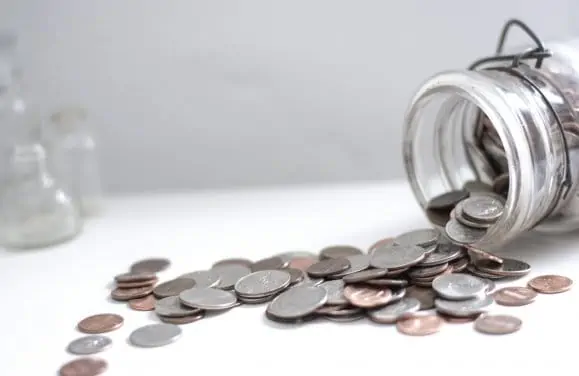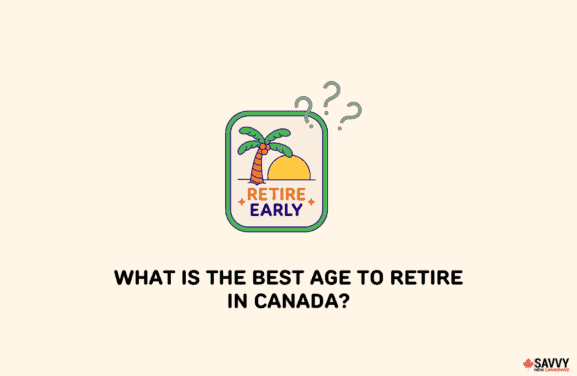When can you withdraw from your RRSP?
The fact is that you can make withdrawals from your RRSP before 65.
Other than at age 71, when you are required to close your RRSP account, RRSP withdrawals can occur at any age.
A withholding tax rate is applied by your bank when you withdraw money from your RRSP.
This tax rate is as follows:
| RRSP Withdrawal | Withholding Tax Rate (Outside Quebec) | Withholding Tax Rate in Quebec |
| Up to $5,000 | 10% | 5% |
| $5,001 to $15,000 | 20% | 10% |
| $15,001 and above | 30% | 15% |
Quebec residents also pay a provincial tax on RRSP withdrawals.
There are two ways to withdraw RRSP funds early without paying tax: Home Buyers’ Plan and Lifelong Learning Plan.
RRSP Withdrawals Before Retirement
Two of the best ways to withdraw money from your RRSP if you want to sidestep the immediate tax implications are:
Home Buyers’ Plan
The Home Buyers’ Plan (HBP) is a program that allows Canadians to use RRSP money to buy a home.
You can withdraw up to $35,000 tax-free or up to $70,000 if you are buying a home with a partner.
You will have to re-contribute the amounts withdrawn over a 15-year period, with 1/15th of the total amount due each year.
HBP repayments start the second year after you took out the funds. For example, if you used the HBP in 2024, your first repayment will be in 2026.
If you cannot make the minimum repayment in a year, the difference is reported on your tax return as RRSP income.
Lifelong Learning Plan
The Lifelong Learning Plan (LLP) program allows you to use RRSP money to pay for full-time education or training for you or your spouse.
You can withdraw up to $10,000 annually and a maximum of $20,000 over a lifetime (per person).
While this RRSP withdrawal is tax-free, the money must be repaid to your RRSP within 10 years.
At least 1/10th of the amount is repaid yearly until your balance goes to zero.
Unlike RESPs, you cannot use LLP to pay for your child’s education.
Should I Withdraw My RRSP Before 65?
When you end up withdrawing money from your RRSP may depend on your financial circumstances.
Regardless of when you take out funds, taxes must be paid except for withdrawals under the HBP and LLP.
Some negatives to keep in mind for early withdrawals are:
1. Loss of contribution: Regular RRSP withdrawals result in a loss of contribution room as you cannot re-contribute the amount withdrawn.
2. Withholding tax: Your financial institution will deduct a withholding tax and pay it to the government on your behalf. If your marginal tax rate for the year is higher than the withholding tax rate, you will owe taxes when you file your annual income tax return. To limit the impact of taxes, you could plan to withdraw RRSP money in years when your taxable income is lower.
3. Loss of tax-free growth: RRSPs are great because they allow your investments to grow on a tax-deferred basis. When you make withdrawals, you lose this tax-free growth.
FAQs
There is no penalty for taking money out of your RRSP other than that you will pay taxes on this income in the year it is received.
You can withdraw RRSP money at any age (until age 71) without penalty.
You can withdraw up to $35,000 from your RRSP to buy a house.
There is no direct way to transfer your RRSP to a TFSA. That said, you can take money out of your RRSP, pay taxes on it, and contribute what is left to your TFSA.
Related:



